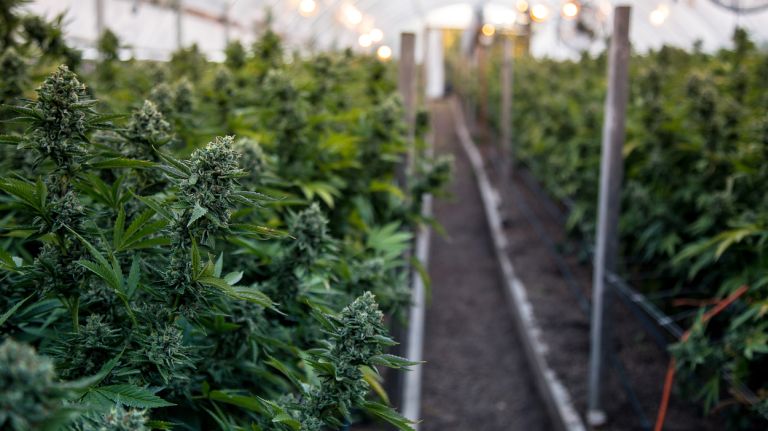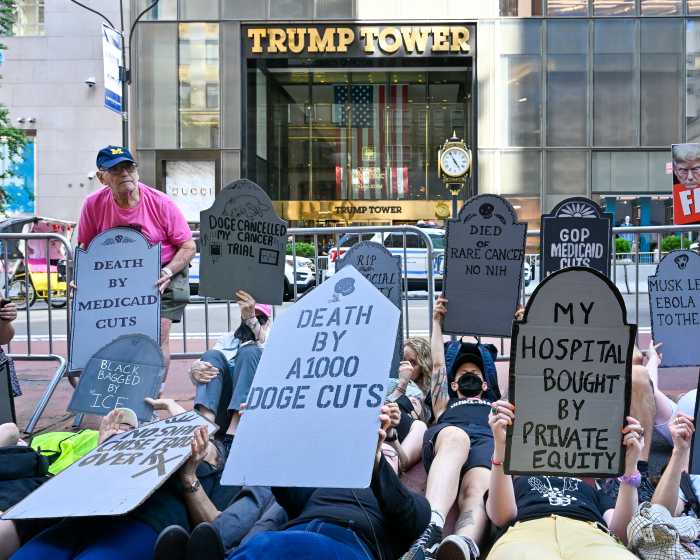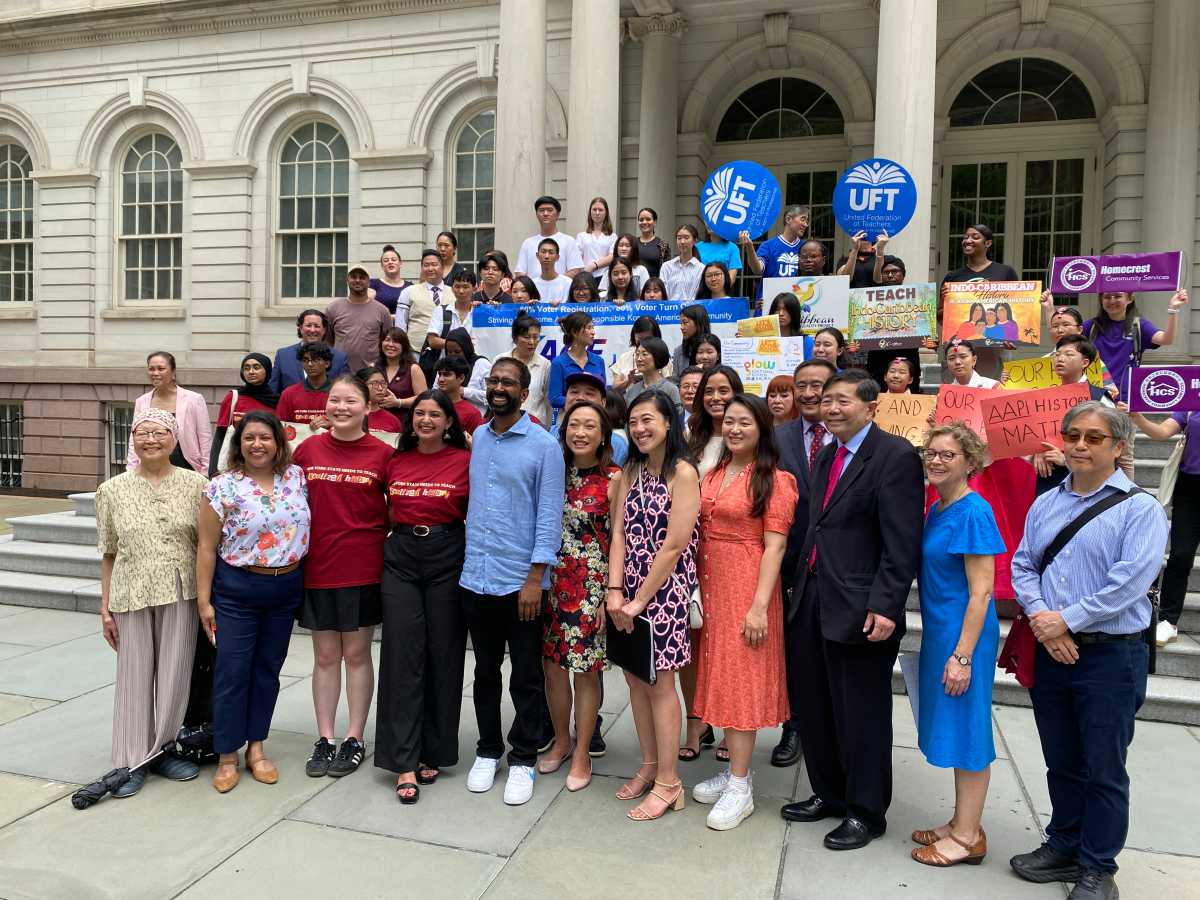After getting sidetracked last year with the COVID-19 crisis, Governor Andrew Cuomo’s promise to legalize weed didn’t make it into the budget.
Officials have confirmed this Thursday that they’re finally all set to pass bills that will legalize recreational usage of marijuana for adults in the state, with State Senator Liz Krueger and Assemblymember Crystal Peoples-Stokes leading the charge that’s been about five years in the making.
Though some lawmakers and advocates have voiced concerns about the traffic safety issue impaired driving would cause among other potential issues.
“We’ve been watching what other states are doing,” said Krueger in an interview. “It includes adult use recreational which is not legal in New York State now. It significantly expands our medical marijuana program which started close to 4 years ago but never was big enough to handle the needs of people. And now rolls in the fastest growing section of cannabis, the CBD wellness world and hemp.”
New York follows states like New Jersey and Massachusetts that have also passed legal weed bills. The bill mandates usage for adults 21 and older, allows for delivery of the drug, and “permits club-like lounges to have it on site but not alcohol,” said The New York Times. It would also allow a person to grow up to six weed plants at home for personal use.
Krueger said they’re making sure to invest in the communities of color hardest hit by the failed ‘war on drugs.’ The phrase really got its legs in the 1930s, when the first “Marihuana Tax Act” was passed in 1937 in North Carolina. This federal law placed a tax on the sale of cannabis, hemp, or marijuana, and came with hefty penalties and prison time if taxes weren’t paid. The bill led by Krueger works to repeal that act.
The war on drugs became a key political platform for former President Richard Nixon and Ronald Reagan in later decades, before finally tapering off in the 90s under Bill Clinton. But by then the damage had already been done.
Peoples-Stokes has said in the past that her desire to see the bill passed comes specifically from the disparity in the way the criminal justice system has enforced the laws around the drug in Black and Brown communities. For these reasons, the bill was crafted to rectify the government’s decades-long ‘war on drugs’ that put a sizable portion of people of color in prison with extended sentences based on low-level marijuana charges.
“This deal is the result of not months, but years of work by legislators, and years more by advocates. Now, it appears that we may finally overcome the well-documented reluctance of the Governor and the disingenuous opposition from people and industries who benefit from the criminalization of communities of more color,” said Public Advocate Jumaane D. Williams.
“As we await the final bill language, the legalization agreement as described reflects a commitment to addressing and undoing that harm by investing revenue from the new industry into the communities disproportionately impacted by decades of disparate policing, and expunging the records of those whose lives were ruined by a marijuana-related conviction,” added Williams.
The bill promises to reinvest tax revenue money from a projected $4.2 billion cannabis industry into minority communities annually and reserves dispensary licenses for minority business owners to distribute marijuana.






































